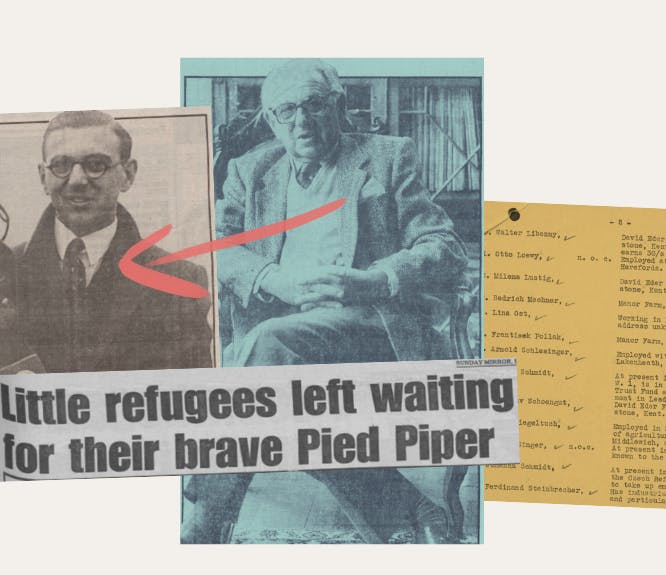"If-Christ-Had-Not-Died-for-Thee-Thou-Hads't-Been-Damned"... The Weird and Wonderful Names of the English Puritans
2-3 minute read
By The Findmypast Team | September 20, 2016
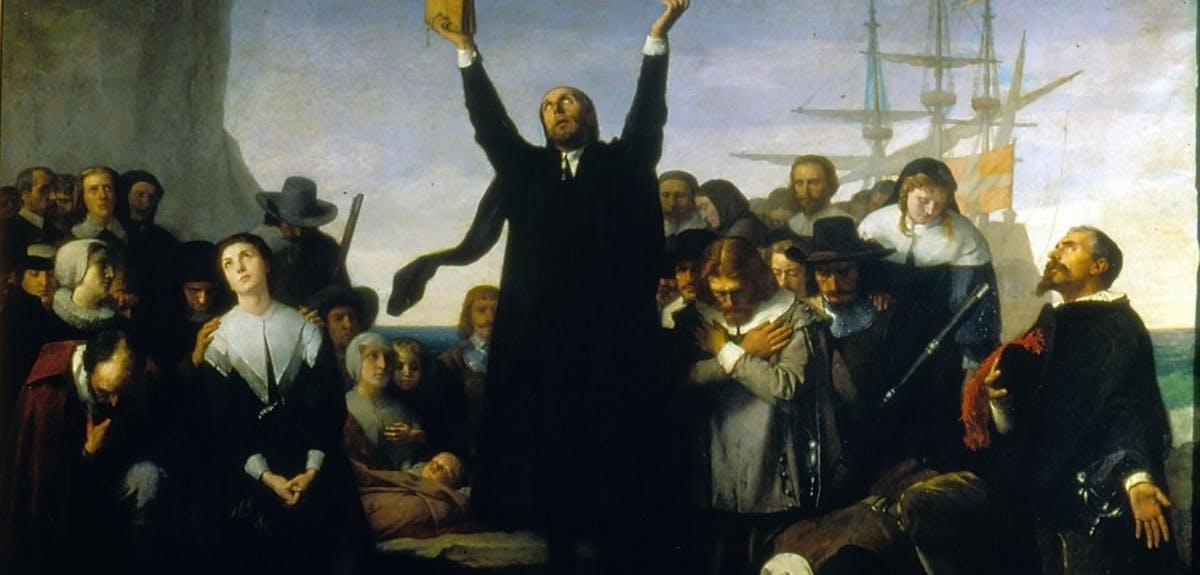
The Puritans were a group of English Protestants who rose to prominence in the 16th and 17th centuries. After Henry VIII broke ties with the Catholic Church in 1534, many Protestants believed the reforms made to the religious structure of England had not gone anywhere near far enough. Shortly after the accession of Elizabeth I in 1558, these Protestants started an activist movement within the Church of England.
For over a century the Puritans campaigned for a church entirely divorced from Catholic ceremonies, argued among themselves, spilt, reformed, predicted the end of the world, fought a Civil War, killed a king and started colonies in the new world. The Puritans have certainly left a lasting legacy, but one particularly fascinating aspect of their history, evident in records from the period, is their wonderfully strange taste in names.
A wide variety of Hebrew names became incredibly popular in Britain following the publication of the first publicly accessible English Bible in 1560. By the late 1600s, many Puritan communities were breaking away from mainstream society as they believed it to be riddled with sin. Many viewed common names as too worldly and began to name children after virtues or religious slogans, not only as way of setting community members apart from their non-Puritan neighbours, but also as a means of reminding children of their spiritual obligations.
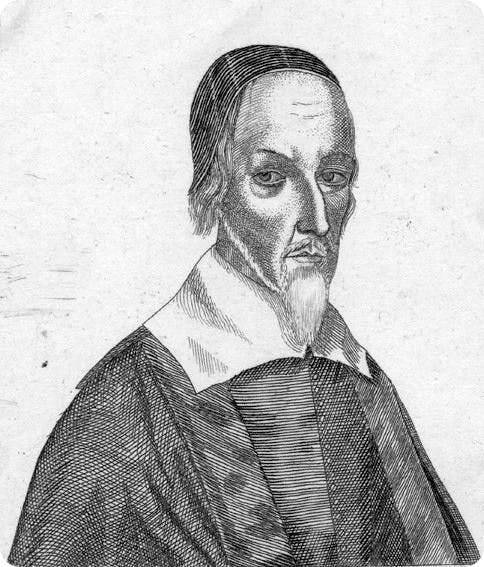
By examining parish registers from areas with substantial Puritan communities, all sorts of bizarre names can be uncovered. As parents had intended, the names of such children were so outlandish they were immediately recognisable and helped to further distance the community from mainstream society.
One Puritan Family with a particular fondness for striking names were the Barebones. The Barebone family were well-established in the mid-17th century, and consisted of at least two sets of brothers named Praise-God Barebone, Fear-God Barebone, Jesus-Christ-Came-into-he-World- to-save Barebone and If-Christ-Had-Not-Died-for-Thee-Thou-Hads't-Been-Damned Barebone. Praise-God and Fear–God were born in Northamptonshire near the end of the 16th Century. Both brothers eventually moved to London where Fear-God became a poet while Praise-God took to preaching. Praise-God was eventually appointed to Oliver Cromwell's Appointed Assembly, which soon became known as the Barebone's Parliament to its many critics. He was imprisoned after the Reformation, but was spared execution and released shortly afterwards. Burial records show that he died an old man in London.
Praise-God continued his family's bizarre tradition with the birth of his sons. At least two of his children were Jesus-Christ-Came-Into-The-World-To-Save Barebone and If-Christ-Had-Not-Died-for-Thee-Thou-Hads't-Been-Damned Barebone. Unsurprisingly, people found it easier to refer to the son simply as 'Damned' Barebone. Unsurprisingly, 'Damned' wasn't a fan of his nickname, instead preferring to be known as Nicholas. It's under that name he founded London's first fire insurance company and fire brigade.
In 1690, a particularly unfortunate child was baptised into a Puritan community in Suffolk. On the 27th of June, 'Humiliation Cooper' was baptised in the Parish of Saxmundham. It is likely that Humiliation's devout parents gave her such a name to encourage humility and save her from pride. The name was not uncommon although 'Humility' was a preferred, more widely used version of the name. Records show that 'Humility Brown' was one the original Mayflower Puritans who left England for the New World in the 1620's, for example.
Choosing names that would remind children of worldly suffering, sin and pain was a relatively common practise in puritan communities. Parents hoped that such names would encourage humility and a life free of sin. Some of the best (or should that be worst?!) examples of such names found in our birth, marriage and death records include:
The more unusual Puritan names eventually began to die out in the late 17th century when the newly restored monarch, Charles II, introduced new laws to crack down on nonconformist religions and consolidate the power of the Anglican Church. They weren't all bad, though. Some Puritan names focused on the more positive aspects of the religion and names such as Joy, Grace, Hope, Felicity and Verity are all still in use today.
Start researching your family history today. Who knows? get back far enough and you might find an If-Christ-Had-Not-Died-for-Thee-Thou-Hads't-Been-Damned in your family!
Related articles recommended for you

Taylor Swift’s family tree shines with love, heartbreak and the triumph of the human spirit
Discoveries
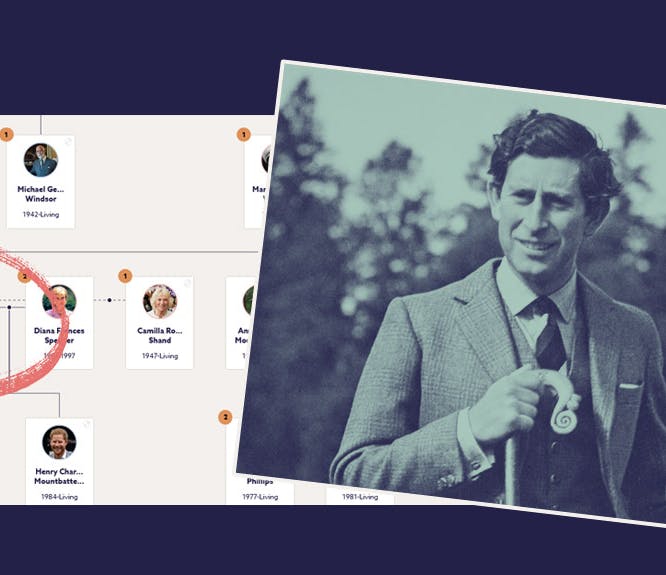
Who's who on King Charles III's family tree?
Build Your Family Tree
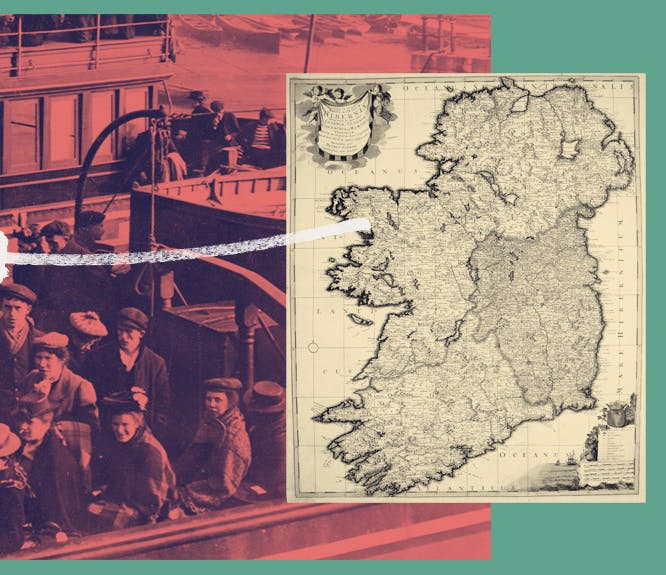
From Ulster to the US: Irish migration patterns and their impact on Irish genealogy
History Hub
